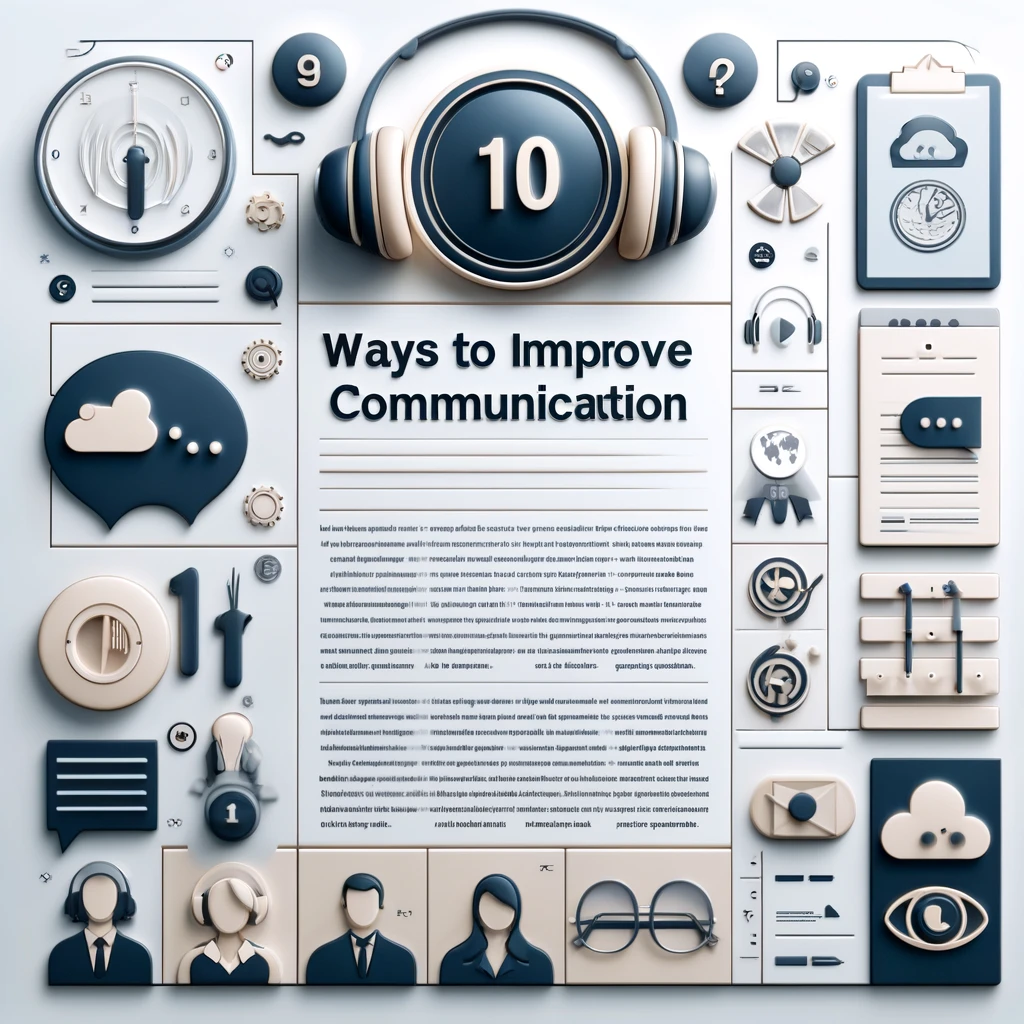How to get Data Science Job opportunities as a Fresher
In the 21st century, data science stands out as a highly coveted and financially rewarding profession. According to the US Bureau of Labor Statistics, the employment of data scientists is projected to grow by 35 percent from 2022 to 2032, much faster than the average for all occupations. Moreover, the average data scientist’s salary in the US is $125,242/year.
But how can you land a data science job as a fresher, with no or little experience in the field? In this blog post, we will share some tips and strategies to help you achieve your goal. Whether you are a recent graduate, a career changer, or a self-taught enthusiast, you can follow these steps to become a data scientist in 2024.
Intro
Data science is the study of data, using various methods, tools, and techniques to extract insights, make predictions, and solve problems. Data scientists use data to help businesses and organizations make better decisions, improve products and services, and create value.
To become a data scientist, you need a combination of skills, such as:
- Mathematics and statistics
- Programming and coding
- Data analysis and visualization
- Machine learning and artificial intelligence
- Communication and storytelling
- Domain knowledge and business acumen
These skills can be acquired through formal education, online courses, certificates, books, blogs, podcasts, and other resources. However, having the skills is not enough. You also need to demonstrate them to potential employers and showcase your projects and achievements.
Why Data Science is the Most In-Demand Skill in 2024

Data science is not a new field, but it has gained a lot of popularity and attention in recent years, thanks to the explosion of data and the advancement of technology. Data is everywhere, and it is growing exponentially. According to a report by IDC, the global data sphere will reach 175 zettabytes by 2025. That’s 175 billion terabytes, or 175 trillion gigabytes of data.
This massive amount of data offers a lot of opportunities and challenges for businesses and organizations across various domains, such as health care, finance, education, retail, entertainment, and more. To leverage the power of data, they need data scientists who can perform data science job of collecting, processing, analyzing, and interpret data, and provide actionable insights and solutions.
Data science is also a dynamic and evolving field, with new tools, techniques, and applications emerging every day. Data scientists need to keep up with the latest trends and developments, and learn new skills and methods. Some of the current and future trends in data science include:
- Cloud computing and big data platforms
- Artificial intelligence and machine learning
- Deep learning and neural networks
- Natural language processing and computer vision
- Data ethics and privacy
- Data storytelling and visualization
- Data engineering and automation
- Data governance and quality
- Data literacy and education
These trends show that data science is not only a technical field, but also a creative, ethical, and social one. Data scientists need to have a holistic and interdisciplinary approach, and collaborate with other stakeholders and experts.
Data science job is also a rewarding and satisfying career, as it allows you to work on interesting and meaningful problems and make a positive impact on the world. Data scientists can help improve health care, education, environment, social justice, and more, by using data for good.
Therefore, data science job is the most in-demand skill in 2024, as it offers a lot of benefits and opportunities for both individuals and organizations.
How to get a Data Science job with No Experience
If you are a fresher, with no or little experience in data science, you might wonder how you can get a data science job. After all, most data science job postings require some level of experience, education, or certification. How can you compete with other candidates who have more qualifications and credentials than you?
The answer is: you can. You just need to be smart, strategic, and proactive. Here are some steps you can take to be a data scientist with no experience:
Learn the Basics of Data Science
The first step is to learn the basics of data science, such as:
- What is data science and what are its applications and challenges
- What are the main steps and processes of a data science project
- What are the common tools and languages used in data science, such as Python, R, SQL, Excel, etc.
- What are the fundamental concepts and techniques of data science, such as data collection, cleaning, manipulation, analysis, visualization, modeling, testing, and deployment
- What are the best practices and standards of data science, such as documentation, reproducibility, version control, etc.
You can learn these basics through various sources, such as:
- Online courses and certificates, such as Coursera, edX, Udemy, Udacity, etc.
- Books and ebooks, such as Data Science for Dummies, Python for Data Analysis, R for Data Science, etc.
- Blogs and podcasts, such as Towards Data Science, DataCamp, Dataquest, Data Skeptic, etc.
- YouTube videos and channels, such as Data School, 365 Data Science, Data Science Dojo, etc.
- Webinars and workshops, such as Kaggle, Data Science Central, Data Science Salon, etc.
The key is to choose the sources that suit your learning style, goals, and budget. You don’t need to learn everything at once, but focus on the essentials and the fundamentals. You can always learn more advanced and specialized topics later, as you progress in your career.

Get a Certificate in Data Science
A certificate in data science is a credential that validates your skills and knowledge in data science. It can help you stand out from other candidates, especially if you don’t have a formal degree or experience in data science job. A certificate can also help you learn new skills and techniques, and keep up with the latest trends and developments in data science.
There are many online platforms and institutions that offer data science certificates, such as:
- Coursera: Coursera offers various data science certificates, such as IBM Data Science Professional Certificate, Google Data Analytics Professional Certificate, Data Science Specialization by Johns Hopkins University, etc.
- edX: edX offers various data science certificates, such as Microsoft Professional Program in Data Science, MITx MicroMasters Program in Statistics and Data Science, HarvardX Professional Certificate in Data Science, etc.
- Udacity: Udacity offers various data science certificates, such as Data Analyst Nanodegree, Data Scientist Nanodegree, Data Engineering Nanodegree, etc.
- Udemy: Udemy offers various data science certificates, such as The Data Science Course 2024, Python for Data Science and Machine Learning Bootcamp, Machine Learning A-Z, etc.
- These certificates vary in terms of duration, cost, content, and difficulty. Some of them are self-paced, while others have fixed deadlines and schedules. Certain options are available for free, while others necessitate a fee. Some of them cover the basics, while others go deeper and broader. Some of them are general, while others are specific and focused.
The key is to choose the certificate that suits your needs, interests, and goals. You don’t need to get multiple certificates, but one or two that can demonstrate your skills and knowledge in data science.
Get Real-Life Experience in Data Science
A certificate in data science is not enough to get a data science job. You also need to get some real-life experience in data science, such as:
- Working on your own data science projects, using real-world data sets and problems
- Participating in online data science competitions and hackathons, such as Kaggle, DrivenData, DataHack, etc.
- Contributing to open source data science projects and communities, such as GitHub, Stack Overflow, Reddit, etc.
- Volunteering or interning for data science-related organizations and causes, such as DataKind, Data for Democracy, Data for Good, etc.
These activities can help you:
Apply and practice your data science skills and knowledge in a practical and realistic setting
Showcase your data science portfolio and achievements to potential employers and recruiters
There are many ways to gain real world data science job experience, depending on your current skill level, availability, and interests. Here are some of the most common and effective ways to do so:
Participate in Kaggle competitions
Kaggle is the largest and most trusted online community for data scientists and machine learning enthusiasts. You can join various competitions that challenge you to solve real-world problems using data and algorithms. You can also learn from other participants, get feedback, and showcase your skills and achievements.
Participate in hackathons: Hackathons are social coding events that bring together computer programmers and other professionals to work on creative projects. They are a great way to network, collaborate, and learn from others. You can find hackathons that focus on different topics, such as data science, AI, or social good.
Build an online presence and portfolio:
Having an online presence and portfolio is essential for any data scientist. It allows you to demonstrate your skills, projects, and achievements to potential employers and clients. You can use platforms like GitHub, Kaggle, or personal websites to upload your projects, share your code and findings, and interact with the data science community.
Build your network:
Networking is a key factor for success in any career, especially in data science. You can build your network by attending events, joining online groups, reaching out to mentors, and connecting with peers. Networking can help you learn from others, discover new opportunities, and get referrals4.
Write a targeted resume:
A targeted resume is a resume that is customized for each job application. It highlights your relevant skills, experience, and achievements for the specific role and company you are applying to. Crafting a focused resume can set you apart from the competition and enhance your likelihood of securing an interview.
I hope this helps you get started on your data science journey. If you have any questions, feel free to ask me. Post your question or likes in comments.
Also read related article




Post Comment